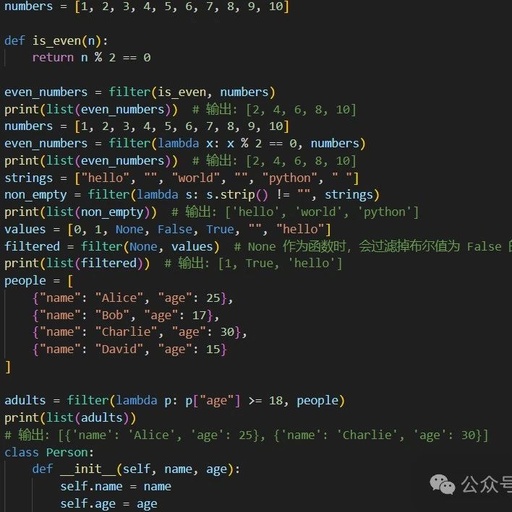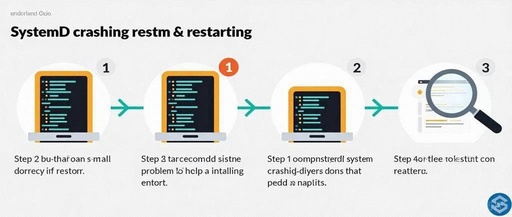Introduction to the Python filter() Function
<span>filter()</span> is a built-in high-order function in Python used to filter sequences, removing elements that do not meet the specified conditions, and returning an iterator object (returns a list in Python 2.x and an iterator in Python 3.x). Basic Syntax filter(function, iterable) How It Works <span>filter()</span> takes each element in <span>iterable</span> as an argument to … Read more









